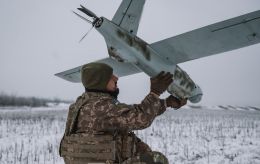Gas, gunfire, and water cannons: Protests against Maduro erupt in Venezuela
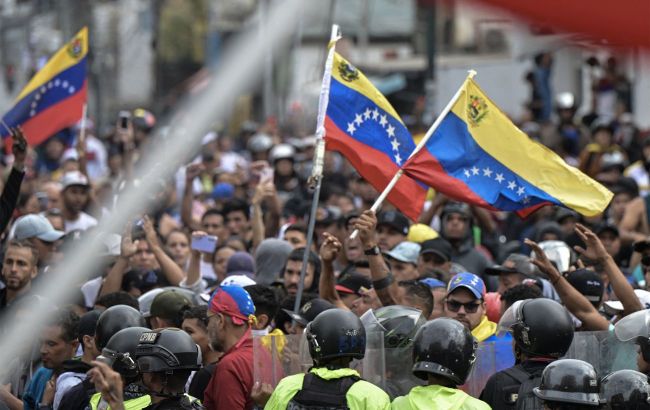 Photo: Protests against the results of the presidential election continue in Venezuela (Getty Images)
Photo: Protests against the results of the presidential election continue in Venezuela (Getty Images)
The second day of protests in Venezuela over the results of the presidential election, in which the authorities announced the victory of Nicolas Maduro, who secured a third six-year term. The opposition claims fraud in the vote count, and Venezuelan voters have organized mass rallies.
RBC-Ukraine gathers more information about the elections in Venezuela and mass protests in the country.
Сontents
- Elections in Venezuela and their results
- Mass protests, clashes with police, victims and detainees
- Venezuela recalls its diplomats from several “dissenting countries”
- US does not rule out additional sanctions
- Nicolás Maduro: Who is he and why Venezuelans are against him
Elections in Venezuela and their results
Venezuela's National Electoral Council (CNE), which is controlled by the current government, announced after midnight on Monday that President Nicolás Maduro had won another term with 51% of the vote. At the same time, the CNE ignored calls to publish a detailed tally, claiming that the results tabulation was allegedly hacked by hackers, and instead organized a ceremony to proclaim him president until 2031. Maduro himself says that there is an attempt to re-enact a fascist and counter-revolutionary coup d'état in Venezuela. Before that, he said that his victory was a victory of peace and justice, and shortly before the election, he claimed that the country would face a bloodbath if he lost.
The opposition expressed confidence that the election results were rigged and refused to recognize them. In addition, polls before the vote showed a large advantage over the opposition candidate Edmundo González, who officially received 44%. However, according to independent exit polls cited by the opposition, González received 73% of the vote.
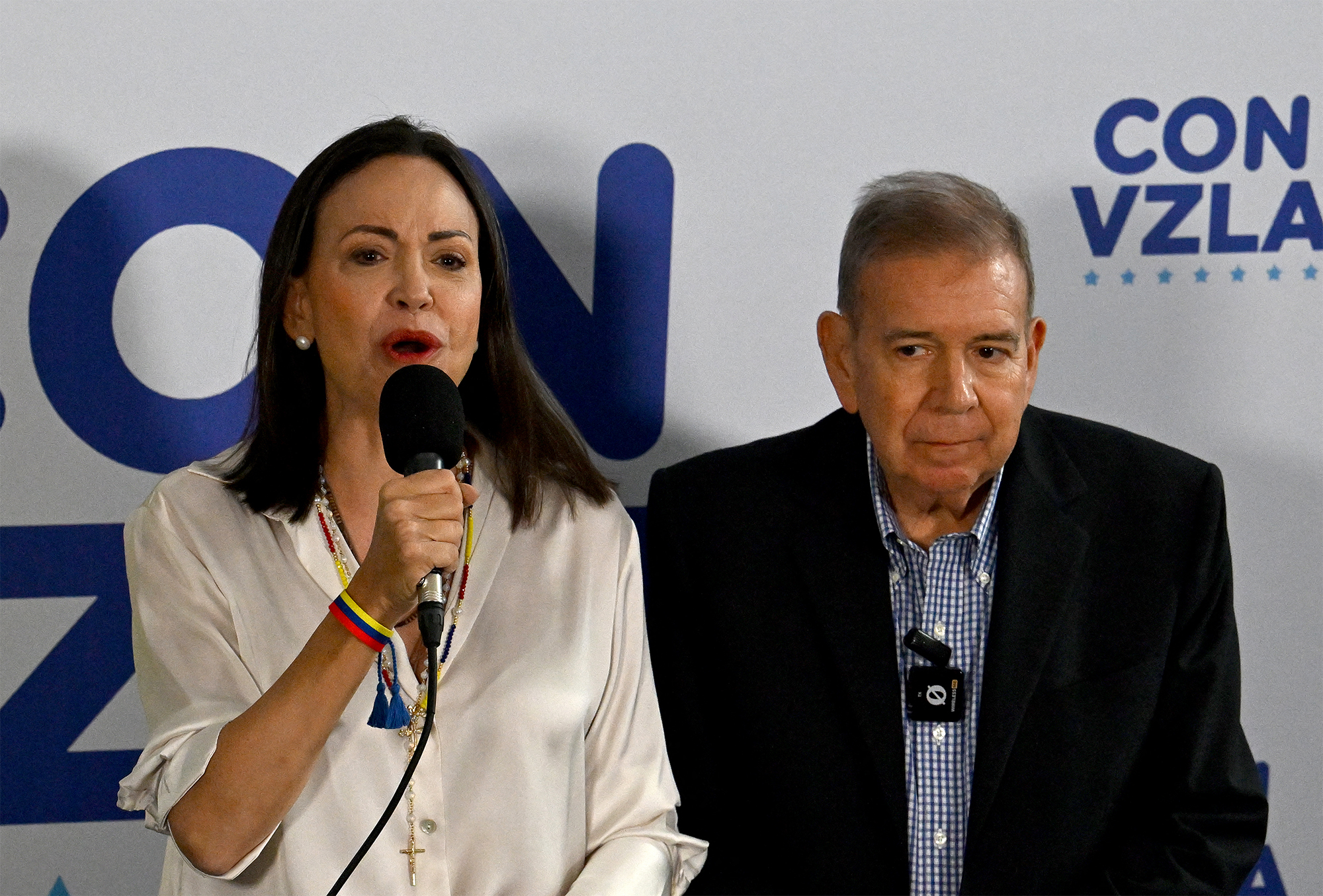 Photo: Venezuelan opposition leader María Corina Machado and opposition presidential candidate Edmundo González (Getty Images)
Photo: Venezuelan opposition leader María Corina Machado and opposition presidential candidate Edmundo González (Getty Images)
He and opposition leader María Corina Machado, who was banned from running by the authorities, told reporters that they had more than 70% of the counting protocols, which showed that the opposition candidate had more than twice as many votes as Maduro (González had 6.27 million, and Maduro had 2.75 million). They called on protesters to remain calm and invited them to gather peacefully at 11 a.m. on Tuesday to celebrate the results.
Mass protests, clashes with police, casualties and detainees
However, thousands of protests in Venezuela erupted after Nicolás Maduro was declared the winner of the presidential election. According to media reports, the locals seized the international airport in Maiquetia and demolished a monument to former President Hugo Chávez, known for his dictatorial policies (for 25 years, power in Venezuela has been in the hands of the Chavistas, the political force to which Chávez gave life).
Since 2014, protests against Maduro and his government have been breaking out from time to time in Venezuela. This time, spontaneous protests began across the country. Police used tear gas and rubber bullets to disperse the protesters. At least two people were killed in the clashes, and 46 others were detained, AFP reports, citing human rights activists. The authorities report 23 wounded soldiers, some of whom were allegedly wounded by firearms.
In some cities of the country, the Internet is turned off. In the capital, Caracas, gunfire is heard in the streets. Protesters marched through Caracas to the center of the capital and the presidential palace Miraflores. Later, however, security forces used tear gas to disperse the crowd. Also in the capital, the military and police with water cannons dispersed the protesters, preventing them from entering the palace.
The Venezuelan human rights organization PROVEA reported that armed groups supporting Maduro shot at demonstrators who were peacefully holding rallies.
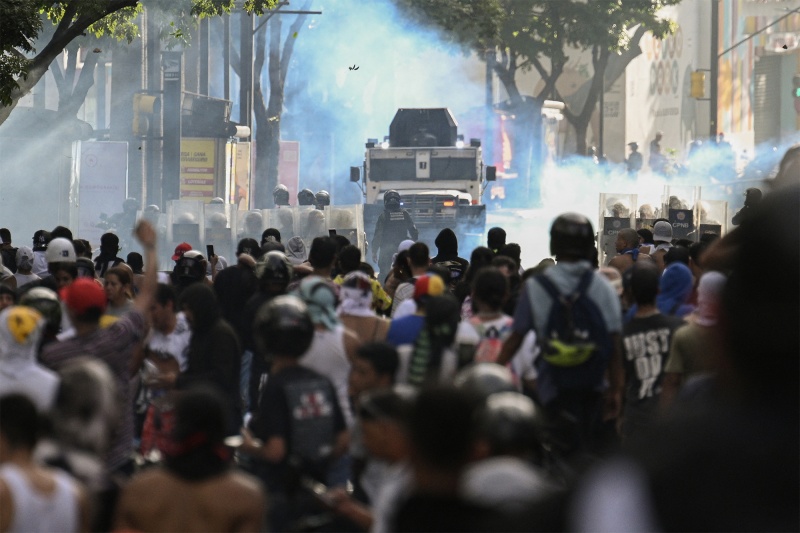
Photo: Police and protesters clash in Venezuela over election results (Getty Images)
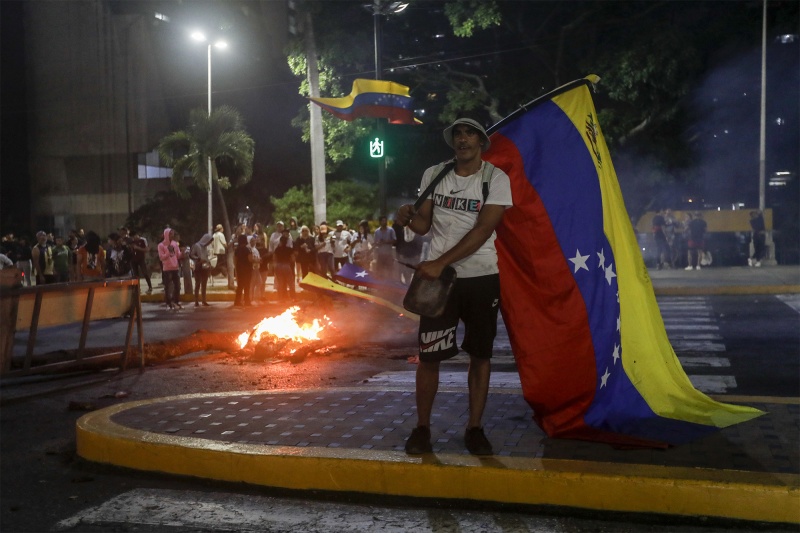
Photo: Police and protesters clash in Venezuela over election results (Getty Images)
“We are tired of this government, we want a change. We want to be free in Venezuela. We want our families to return here,” Reuters quotes one of the protesters as saying.
At the same time, yesterday, the Venezuelan Attorney General's Office said it would investigate alleged attempts to sabotage the presidential election without providing evidence.
Venezuela recalls its diplomats from several “dissenting countries”
Nine Latin American countries have already called for a review of the elections in Venezuela, including Panama, which suspended diplomatic relations with the country in protest.
Meanwhile, the Venezuelan Foreign Ministry is recalling its diplomats from countries that have not recognized the results of the presidential election. These are Argentina, Chile, Peru, Costa Rica, Panama, Dominican Republic, and Uruguay. In particular, the Financial Times writes that Argentine President Javier Milei refused to recognize the results, calling them electoral fraud, while Chilean President Gabriel Boric said they were hard to believe.
Maduro's regime is a longtime ally of Russian President Vladimir Putin and Russia's key partner in Latin America. So the Kremlin leader has already congratulated Maduro on his election victory. China, Iran, and Cuba have also done so.
US does not rule out additional sanctions
The United States severed diplomatic relations with Venezuela and closed its embassy back in 2019, as it accused Maduro of rigging the previous election. Reacting to the current events, US Secretary of State Antony Blinken said that the election results in Venezuela do not reflect the will of the Venezuelan people.
“By engaging in repression and electoral manipulation, and by declaring a winner without the detailed precinct by precinct polling results ... Maduro representatives have stripped the supposed election results they announced of any credibility,” a senior White House official told Reuters on condition of anonymity.
Bloomberg writes that Washington has ruled out lifting sanctions against Venezuela and is considering imposing new ones,
Nicolás Maduro: Who is he and why Venezuelans are against him
Nicolás Maduro, a 61-year-old former bus driver and former foreign minister, became president after the death of his predecessor Hugo Chávez in 2013. His re-election in 2018 was not recognized by the United States and other countries, which call him a dictator.
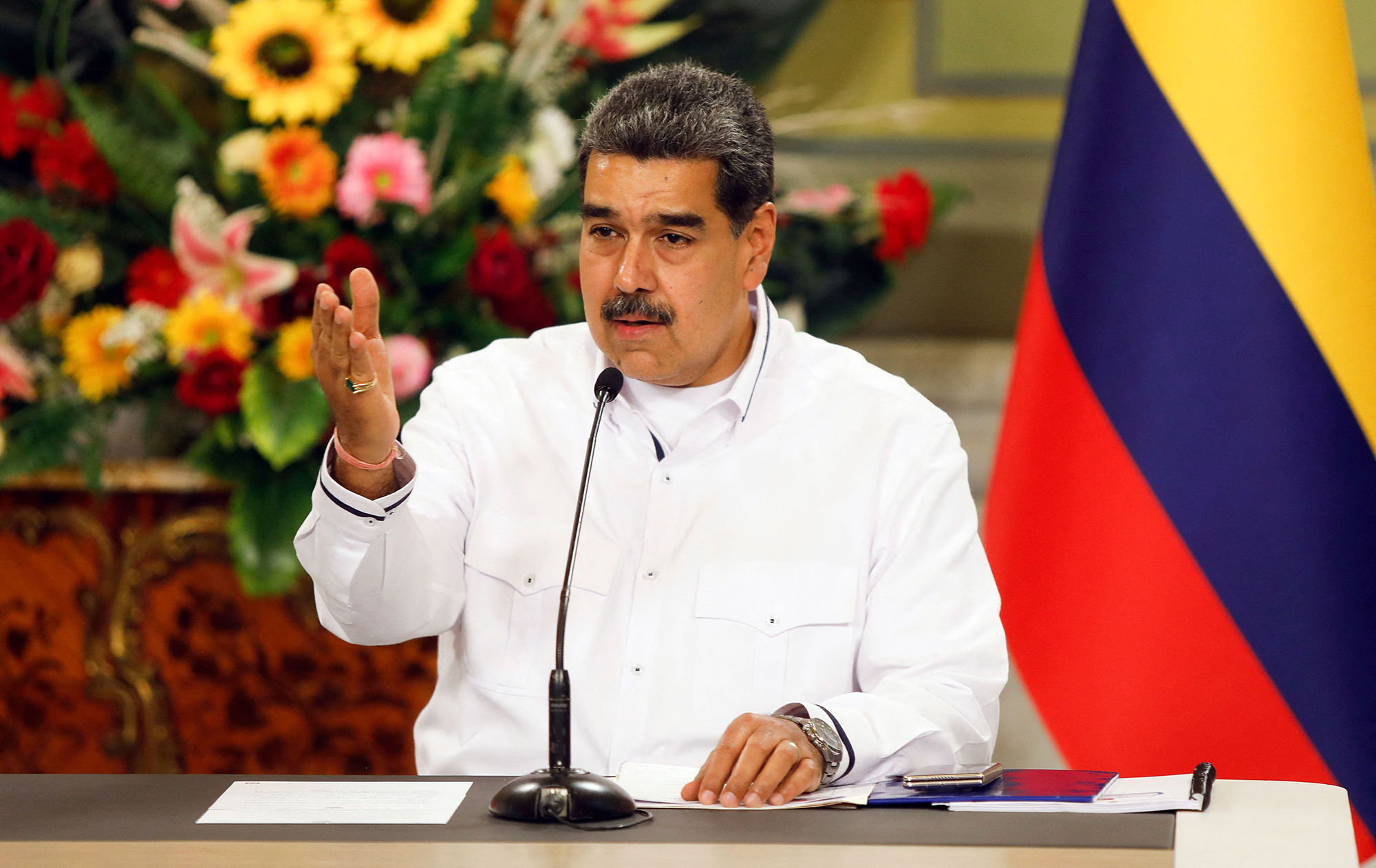 Photo: Nicolás Maduro has finally brought his country to complete political and socio-economic collapse (Getty Images)
Photo: Nicolás Maduro has finally brought his country to complete political and socio-economic collapse (Getty Images)
Many voters in Venezuela have become desperate for Maduro's extension for another six years. Since his time at the helm, the country's oil-rich economy has collapsed and faced a collapse, mass migration of almost a third of the population (more than 7 million Venezuelans have left the country in hopes of a better life abroad), and a significant deterioration in diplomatic relations. Sanctions imposed by the US, EU, and other countries further complicated the situation by paralyzing Venezuela's already struggling oil industry.
Sources: Associated Press, Reuters, CNN-News18, Bloomberg, BBC and Financial Times.



